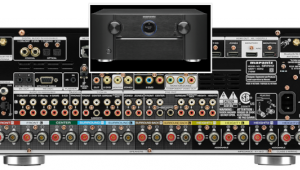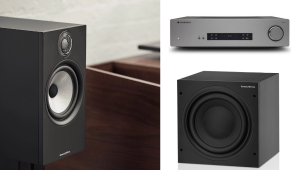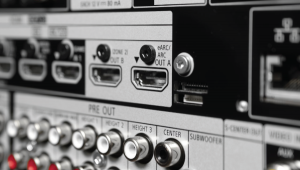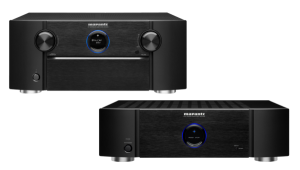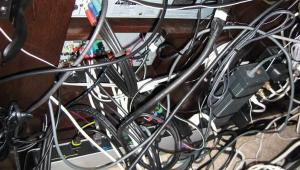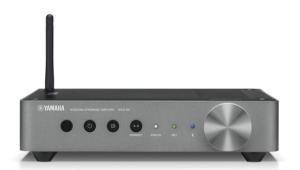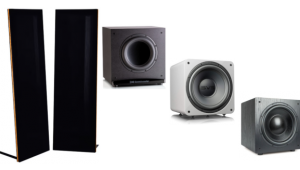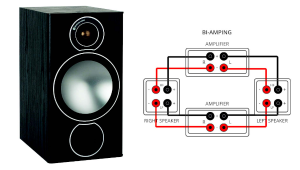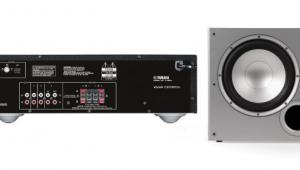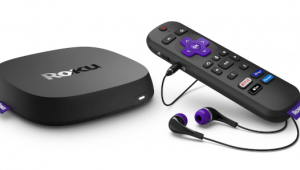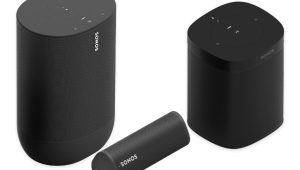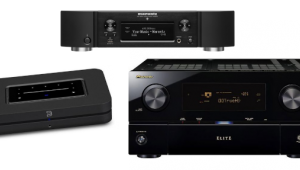Are you then saying that no matter what device (Blue-Ray, A/V receiver or HDTV) that receives a deinterlace and upconvert video signal will just pass it along without processing it again?
Thanks Bob
What Processes What in the Video Chain?

Q What processes what in the video chain? Say you have an Oppo Blu-ray player hooked up to a good AVR that’s hooked up to an Epson 5030 projector. Does each do its own thing? Or do you need to turn some types of processing off while leaving others enabled? Also, what is the meaning of life? —Jeff Riddick / via e-mail
A It’s not necessary for all components in the video chain to perform video processing—deinterlacing, upscaling, noise reduction, etc. The best course of action is to use a test disc to determine which component provides the highest-quality processing and lean on that particular one to do the heavy lifting. For instance, say you’ve determined that your AVR does an awesome job handling video. You’d want to use it to deinterlace and upconvert video sources and pass them on at full 1080p or 4K resolution to the TV or projector, which would display them natively without additional processing. As for your question about the meaning of life: “The ultimate answer to life, the universe, and everything is... 42!”—Douglas Adams, The Hitchhiker’s Guide to the Galaxy
- Log in or register to post comments


It really depends on what you are watching, Bob, and how you have your gear configured.
If you set up your Oppo Blu-Ray player to output everything at 1080p, then GENERALLY, it will be passed through your AVR without processing...although this is not always the case, depending on how you have your AVR configured. The Epson projector will then take the signal and it will add it's own processing as well...although it won't upconvert again, it may be doing other things, like enhancing the sharpness, reducing "noise" or interpolating "missing" frames (120hz "clear motion" processing).
Your best bet is to experiment with ALL of the settings in each of your devices. Try turning off all (or most) of the video processing in all of your devices, then selectively turn a feature on and see what the result is. Without knowing what specific Blu-Ray player and AVR you have, it's impossible to say which has the "best" video processing.
If all of this gets to be too much for you, I would recommend finding an ISF certified dealer in your area who can perform a calibration on your system. Let THEM figure it all out for you! It's probably the best $400-$500 you could spend on your theater at this point!
